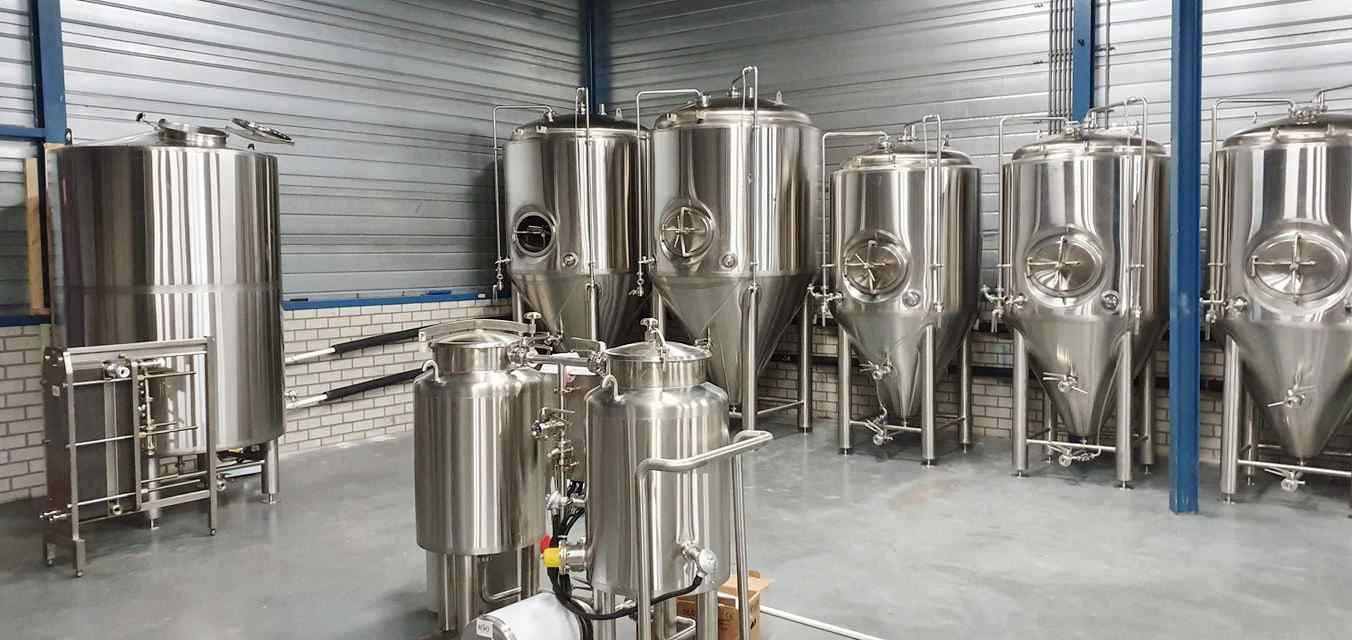
Brewing equipment requires regular maintenance to produce better beer. Steam boilers are a key tool in the brewing of beer. A brewery's boilers must be properly maintained and monitored to maintain optimum performance.
As breweries often run around the clock, selecting, adjusting and designing the right boiler can prevent premature and unpredictable downtime of the system. As your boiler runs, parts wear out, so catching small problems while they're still fresh can allow you to prevent more serious problems that could lead to injury or catastrophic failure.
If your boiler doesn't get the maintenance it needs, it can have devastating effects. Major boiler breakdowns are expensive and dangerous and can bring your operation to a halt. Proper maintenance will not only prevent these and other problems from bringing your system to a halt, it will also extend the life of your boiler system, enabling you to maintain the highest standards of safety, quality and production.
Check the trap. Boiler systems must have a way to separate condensate from steam in order to maintain pressure and keep steam flowing through the piping. Steam traps are usually attached to the lower part of steam lines, air handling coils or heat exchangers. They allow condensate to pass through while preventing steam from being discharged with the condensate. They can also be used to drain water from machinery heated with steam, while preventing steam from flowing through the area where the machinery is used.
Occasionally, steam traps can leak, allowing steam to enter the condensate return line. When this happens, the steam system is short-circuited. The boiler has to produce more steam to meet the same demand. This overwork increases fuel consumption, water consumption and wear and tear on the equipment. Troubleshooting steam trap leaks can help improve boiler efficiency, keep the boiler running and reduce the need for more maintenance.
Drain once a week. Draining helps prevent these problems by inhibiting scale build-up. Drainage is the process of removing water from the boiler to limit mineral concentrations. The water added to the boiler to replace the drain has a lower mineral concentration, which helps to prevent scaling. You should therefore carry out a weekly drain to reduce scale deposits.
Monitor pressure loss. If you are experiencing pressure loss in your boiler system, you need to check for leaking valves. You also need to check the outside of the tank, as this is another common area prone to leaks. Also, if your tank has a switch fill, the cold water entering the tank may reduce steam production and therefore pressure.
Measure instrument performance. To ensure accurate monitoring of your boiler system, you first need to test your gauges to ensure they are working properly. For example, if you have an old gauge with a low reading but your system seems to be functioning, then the gauge may be out of date. Most modern boiler systems output lower pressures than conventional systems and your gauge may need to be configured for the new system.
Still have a problem on choosing the brewery equipment? We can help with your final decision. If you are looking for a turnkey solution for craft beer brewing system, please contact us. We are looking forward to working with you. Send an email now: [email protected]
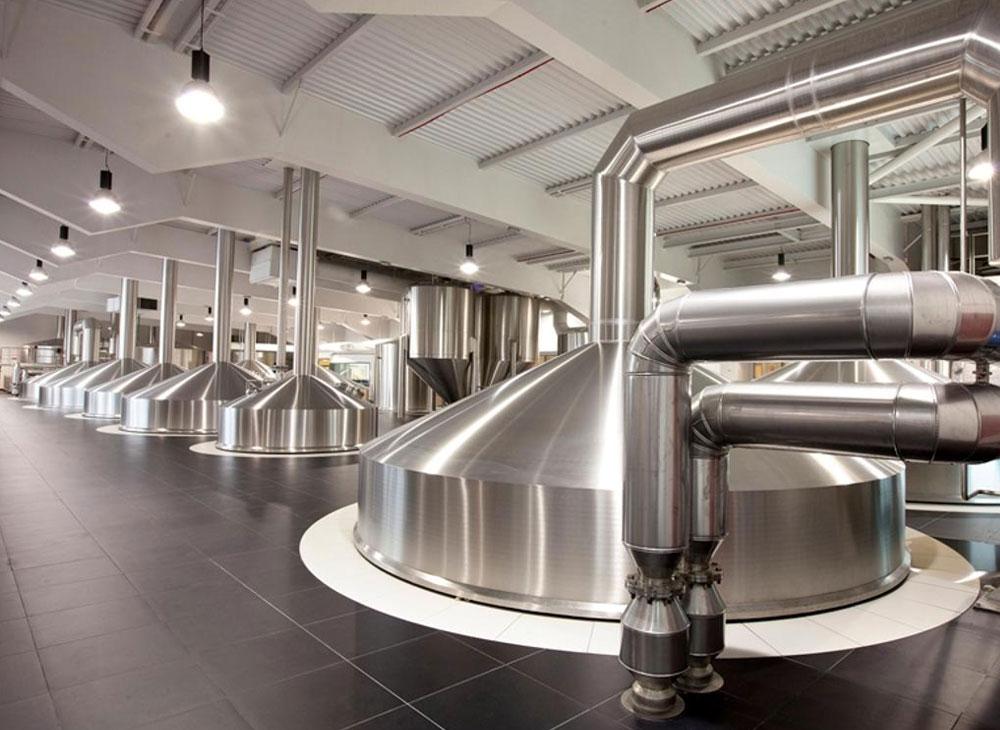
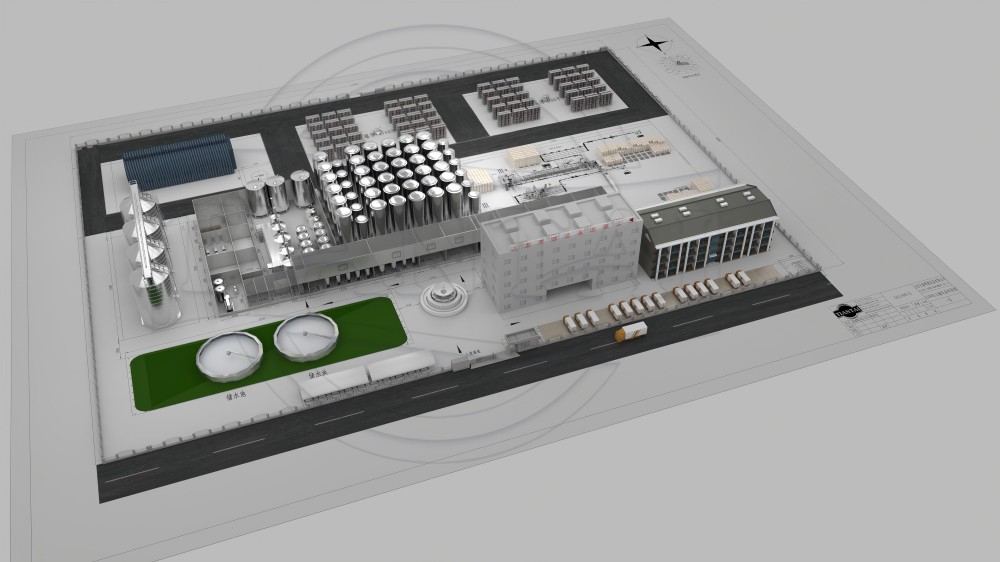
.jpg)
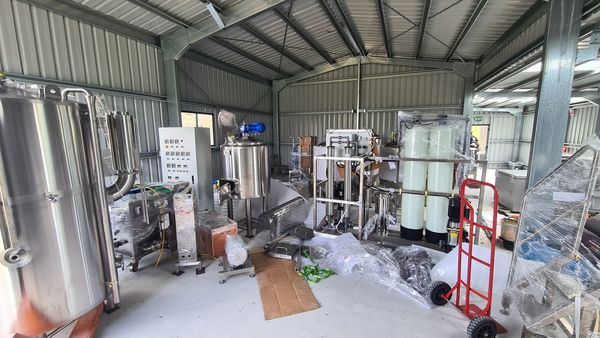
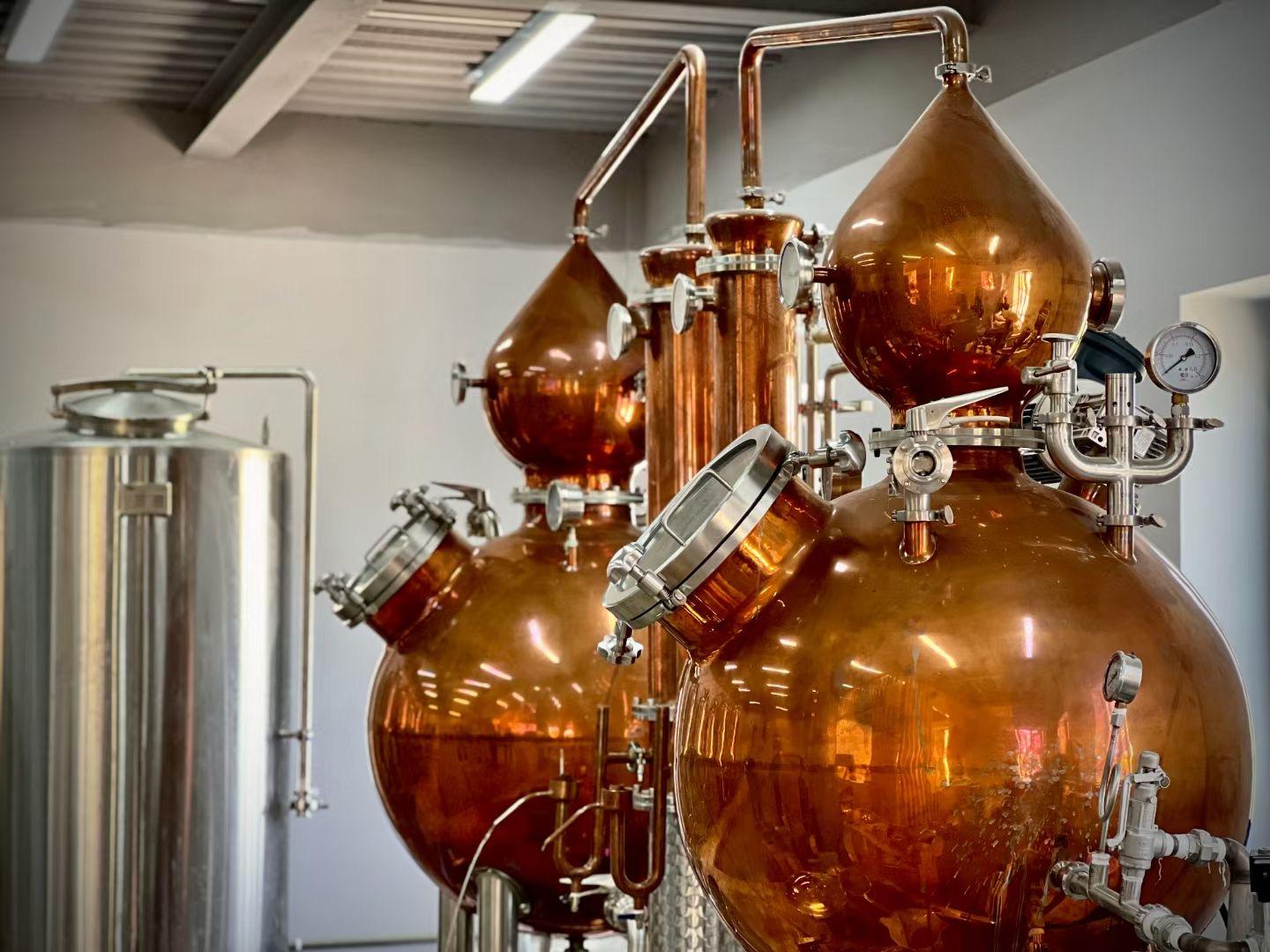
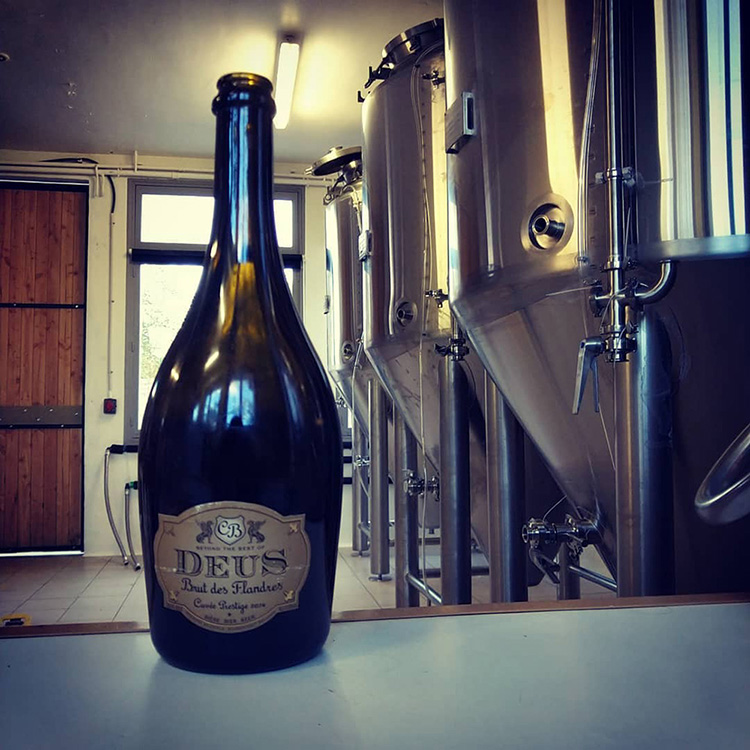
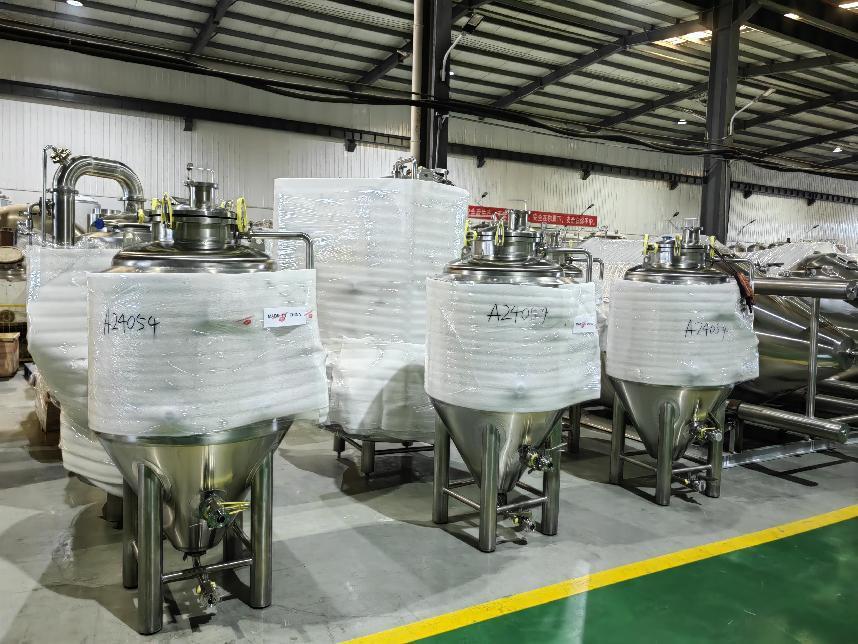
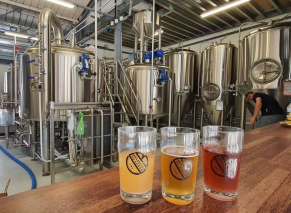
Get A Quote